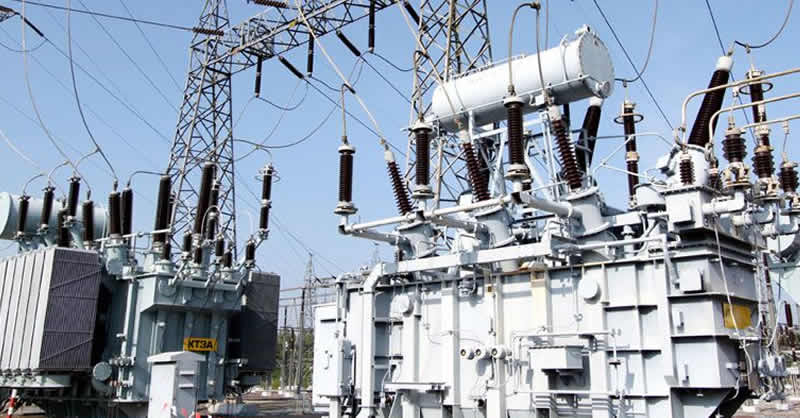In a significant reversal, Lego announced earlier this week that it has abandoned its much-publicized plan to manufacture its iconic bricks from recycled bottles, dealing a blow to the company’s sustainability initiatives.
The toy manufacturer disclosed that its two-year-long tests revealed using recycled polyethylene terephthalate (PET) did not reduce carbon emissions as initially hoped. The setback comes after Lego’s pledge in 2021 to transition away from crude oil-based acrylonitrile butadiene styrene (ABS) plastics within two years.
Niels Christiansen, CEO of Lego, expressed disappointment in an interview with the Financial Times, stating there was no “magic material” to fulfill the company’s sustainability goals. “We tested hundreds and hundreds of materials. It’s just not been possible to find a material like that,” he added.
According to the company, the failed transition to recycled PET stemmed from unforeseen complexities in the manufacturing process. Using recycled materials required additional production steps, which led to higher energy consumption, ultimately offsetting any carbon reduction benefits. “We are fully committed to making Lego bricks from sustainable materials by 2032,” said a company spokesperson.
The announcement is a hiccup in Lego’s broader sustainability vision. The firm had committed to invest over $1.2 billion in green initiatives from 2021 to 2025 and aimed to reduce its overall carbon emissions by 37% by 2032. This latest development may cast doubt on whether the iconic toymaker can achieve these ambitious targets within the set timelines.
Lego’s difficulties underline the broader challenges companies face as they pivot to more sustainable operations, especially in industries reliant on petroleum-based materials. The toy giant had been at the forefront of corporate sustainability initiatives, making its inability to successfully transition to recycled plastics particularly noteworthy.
The announcement may serve as a cautionary tale for other companies aspiring to switch to alternative, sustainable materials. While consumer demand for eco-friendly products is growing, achieving sustainability is fraught with practical difficulties, as evidenced by Lego’s experience.
With this setback, Lego said it would continue to explore other avenues for producing its bricks from more sustainable alternatives. This involves ongoing tests and the development of bricks made from “a range of alternative sustainable materials,” although specifics were not disclosed.
Analysts believe that the failure to make the transition will not only impact Lego’s brand but could also have financial repercussions. The company risks alienating a segment of its customer base increasingly attuned to environmental considerations.
However, the Danish toymaker remains steadfast in its commitment to finding an eco-friendly alternative. “We remain fully committed to our sustainability goals. We’re learning from this experience and will apply these lessons moving forward,” concluded the company spokesperson.
Advertisement





